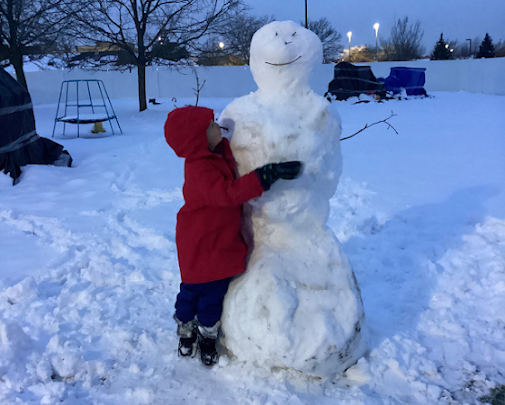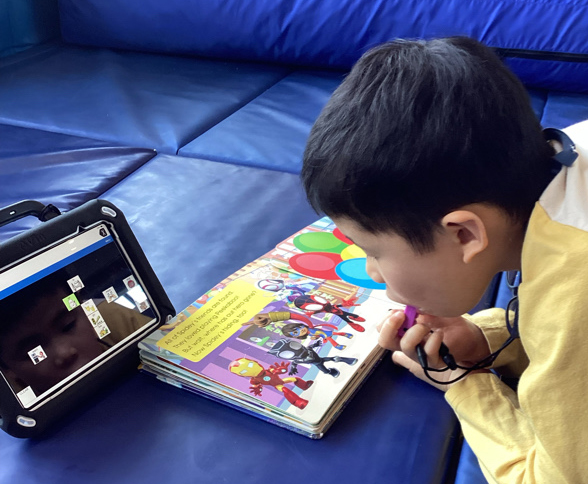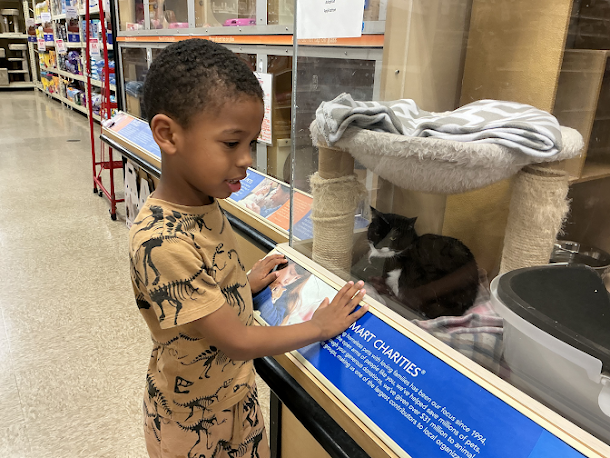As a parent, you are your child’s first and most important teacher. You celebrate their first steps, their first words, and every milestone in between. But what happens when you have a nagging feeling that something isn’t quite clicking with their communication? It’s a common concern, and you’re not alone. Understanding the signs of communication challenges is the first step toward supporting your child’s bright future.
Every child’s journey is unique, and they develop at their own pace. A single missed milestone isn’t usually a cause for alarm. Instead, we look for patterns. At Eyas Landing, we partner with parents to see the whole picture of a child’s development. This guide will help you understand what to look for, what you can do at home, and when it’s time to seek professional guidance.
Early Signs to Watch For
Noticing potential issues early can make a world of difference. Early support helps build strong foundations for learning, making friends, and building confidence. Here are some common signs that might suggest a communication challenge.
Delayed Speech Milestones
Keep an eye on typical language milestones. Concerns might arise if your child is not:
- Cooing by 2–3 months
- Babbling by 6–7 months
- Saying their first words around 12 months
- Combining two words by 24 months
Difficulties with Non-Verbal Cues
Communication is more than just words. Pay attention if your child has:
- Limited Eye Contact: Difficulty maintaining eye contact can be a sign of social interaction challenges.
- Few Gestures: By 12–15 months, children typically use gestures like pointing, waving, or shaking their head. A lack of these can indicate a delay.
How They Use Language
Observe the way your child speaks and interacts:
- Repetition: Often repeating sounds or words (echolalia) can suggest a struggle with processing language.
- Frustration: Getting very frustrated when trying to express themselves can be a sign that they can’t get their message across.
- Trouble Following Directions: By 18 months, a child can usually follow simple one-step commands. By 2-3 years, they can follow two-step directions. Difficulty with this may point to a comprehension issue.
- Hard-to-Understand Speech: While some unclear speech is normal, by age 3, familiar adults should understand most of what your child says. By age 4, their speech should be mostly clear even to strangers.
- Limited Social Language: If conversations are one-sided, they miss social cues, or they struggle with taking turns, it could point to social (pragmatic) language challenges.
Other Red Flags
- Unusual Voice Quality: A voice that is consistently hoarse, nasal, or very quiet.
- Stuttering: Repeating sounds, stretching them out, or getting “stuck” on words can be normal between ages 2-5. However, if it lasts more than six months or causes your child distress, it’s worth looking into.
- Hearing Concerns: Not responding to their name, turning up the TV volume, or frequent ear infections can impact communication and should be checked by a professional.
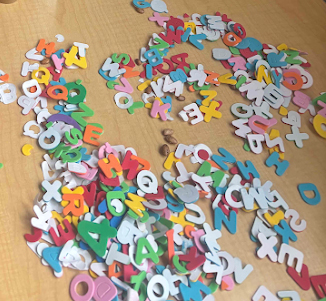
What You Can Do to Help
If you notice some of these signs, there are positive, proactive steps you can take. Your involvement is the key ingredient to their success.
- Observe and Take Notes: Keep a simple log of what you’re seeing. When does your child get frustrated? What words are they using? These details are incredibly helpful when you speak with a professional.
- Talk to Your Pediatrician: Your child’s doctor is a great starting point. They can conduct a developmental screening and refer you to specialists if needed.
- Create a Communication-Rich Home: Make your home a place where communication is fun and pressure-free. Play, sing, and read together every day.
- Involve the Family: Siblings can be wonderful communication models. Encourage them to play and talk together, with your guidance.
- Stay Patient and Positive: Learning to communicate is a journey. Celebrate the small victories and offer endless encouragement. Your positive attitude creates a safe space for your child to practice and grow.
At Eyas Landing, we believe in a holistic approach. This means we see communication as one part of your child’s interconnected development, which also includes motor skills, sensory processing, and emotional regulation. Our multidisciplinary team works together to support your whole child, and we empower you with strategies to use in your daily life.
When to Seek Professional Help
Trust your instincts. You know your child best. If something feels off, it’s always better to get it checked. Schedule a consultation if you notice:
- Multiple early signs that persist for more than a few months.
- Your child has lost skills they once had (regression).
- They don’t respond to their name or voices consistently.
- No words by 16 months, or no two-word phrases by 24 months.
- Speech is still very hard to understand past age 3.
- Communication struggles are leading to significant frustration or behavior issues.
- A caregiver or teacher has also expressed concerns.
Your Team of Experts
Navigating this path can feel overwhelming, but a team of dedicated professionals is here to help guide you.
- Pediatrician: Your first stop for developmental screening and referrals.
- Audiologist: A specialist who can perform a formal hearing test to rule out hearing loss.
- Speech-Language Pathologist (SLP): A Speech-Language Pathologist is an expert in communication. They can evaluate your child’s speech, language, and social skills and create a personalized therapy plan.
- Early Intervention (Ages 0–3): These government-funded programs offer free or low-cost evaluations and services for infants and toddlers with developmental delays.
- School-Based Services (Age 3+): Your local public school can provide assessments and services if a communication issue impacts your child’s education.
- Multidisciplinary Clinics: Places like Eyas Landing offer a collaborative approach where SLPs work alongside occupational therapists, physical therapists, and behavioral therapists to address all of your child’s needs under one roof.
Why Acting Early Matters
Early support for communication challenges is one of the greatest gifts you can give your child.
- Brain Development: A young child’s brain is incredibly flexible. Early therapy helps build strong neural pathways for language.
- School Readiness: Strong communication skills are the foundation for reading, writing, and participating in the classroom.
- Social Confidence: Children who can express themselves and understand others find it easier to make friends and navigate social situations.
- Reduced Frustration: When children can communicate their needs, it reduces frustration for them and the entire family.
By noticing the signs, trusting your intuition, and seeking support, you are paving the way for your child to connect with the world, share their incredible ideas, and thrive. You are their champion, and with the right team behind you, there is so much you can achieve together.
Meta Description: Worried about your child’s speech? Learn the early signs of communication problems and find actionable steps you can take to support their development.
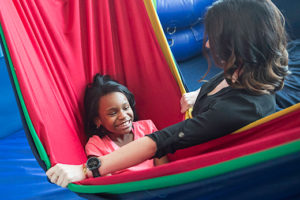
Eyas Landing is a therapy clinic with a mission to provide evidence-based and family-centered therapy services for children, adolescents, and their families. The primary goal is to deliver relationship-based interventions within the most natural environments and to empower families to reach their full potential. To achieve this goal, our highly educated, compassionate staff dedicates time and expertise to create experiences that maximize therapeutic outcomes. The strength, determination, and perseverance of our clients are evident as they succeed in therapy, and ultimately in their daily lives.
Eyas Landing offers a wide range of comprehensive services including Speech Therapy, Occupational Therapy, Physical Therapy, ABA Therapy, Social Work, Family Therapy, and Neuropsych testing. Services are provided throughout the Chicagoland area via Telehealth, In-Home, and in our state of the art clinic.
Want to learn more or you have a specific question? Feel free to connect with us here!

